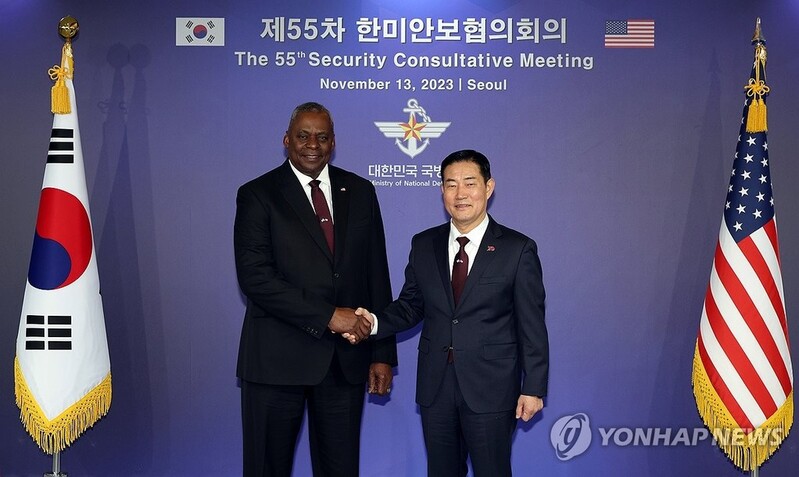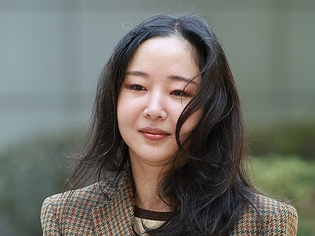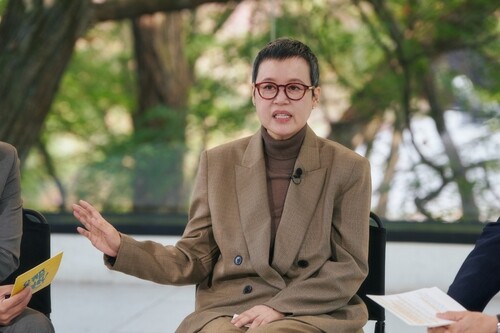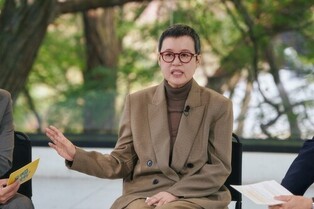 |
| ▲ Defense Minister Shin Won-sik (R) and U.S. Secretary of Defense Lloyd Austin shakes hands ahead of the 55th Security Consultative Meeting held at the defense ministry's headquarters in Seoul on Nov. 13, 2023, in this photo provided by the ministry. (PHOTO NOT FOR SALE) (Yonhap) |
(2nd LD) S Korea-US-defense talks
(2nd LD) S. Korea, U.S. revise 'tailored deterrence strategy' on N. Korea
(ATTN: REVISES headline, byline; UPDATES with latest details in paras 1-5; CHANGES photos)
By Kim Eun-jung and Chae Yun-hwan
SEOUL, Nov. 13 (Yonhap) -- South Korea and the United States updated their joint deterrence strategies on North Korea during their annual security talks Monday as part of efforts to better counter North Korea's growing missile and nuclear threats.
At the 55th Security Consultative Meeting (SCM), Defense Minister Shin Won-sik and his U.S. counterpart, Lloyd Austin, signed the revised document of the "tailored deterrence strategy" (TDS), marking the first revision since it was adopted in 2013 following North Korea's third nuclear test.
The allies have been working to update the key military document to better reflect the North's advancing nuclear and missile threats, given that Pyongyang has conducted six nuclear tests and enshrined in law the right to use preemptive nuclear strikes to protect itself.
Austin reaffirmed the U.S. "extended deterrence" commitment to use the full range of its military capabilities, including nuclear, to defend South Korea.
"America's extended deterrence commitment to the ROK remains ironclad. Together, we have continued to make exceptional progress on all of these alliance priorities this year. And we seek to work more closely than ever with like-minded countries, including Japan, our allies and partners," Austin said during the signing ceremony, referring to South Korea's official name, the Republic of Korea.
Shin said U.S.' increased deployments of strategic assets to South Korea this year, including a nuclear-capable submarine's first port call here in over 40 years and a B-52 strategic bomber's first landing, enhanced the credibility of Washington's extended deterrence commitment.
Austin's visit comes at a time when Pyongyang is believed to be trying to make yet another attempt to launch a military satellite with Russian assistance following the rare summit between North Korean leader Kim Jong-un and Russian President Vladimir Putin in September.
On Tuesday, Austin will attend the inaugural defense ministerial meeting of South Korea and the United Nations Command (UNC) member states, which contributed forces to fight for South Korea during the 1950-53 Korean War, before departing for his final stop in Indonesia.
(END)
(C) Yonhap News Agency. All Rights Reserved


































